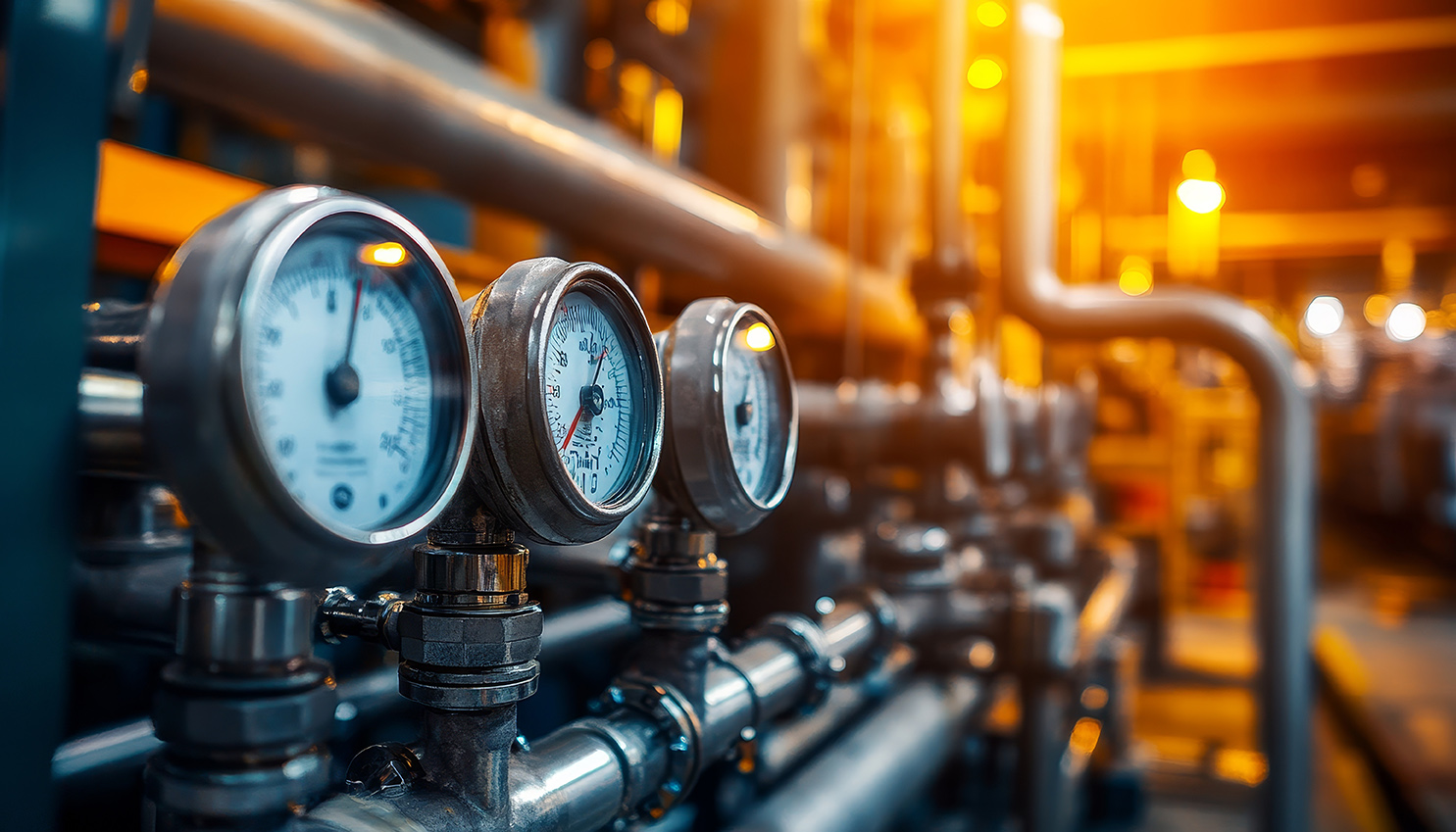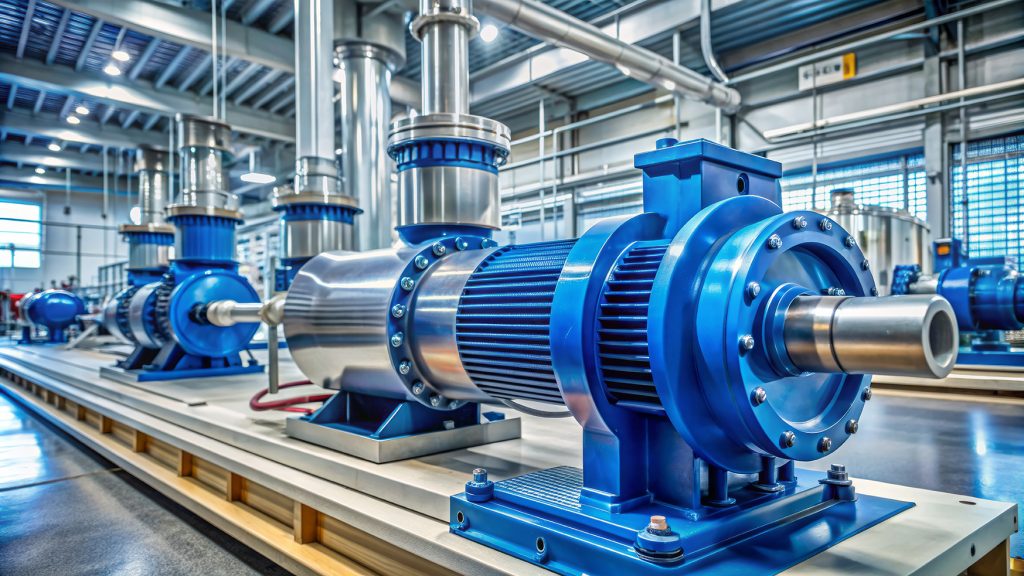Have you ever wondered how the intricate patterns on your favorite pair of jeans are created? Or how the precise components of your smartphone are manufactured? The answer often lies in precision fluid systems. These systems employ liquids or gases with exceptional accuracy and control and drive various industries and technological advancements.
With that in mind, this article will explore the diverse applications of precision fluid systems across various industries, examining their unique characteristics and their critical functions.
What Are Precision Fluid Systems?
Precision fluid systems are specialized mechanical systems designed to control, manage, and manipulate fluid flow, pressure, and distribution with high accuracy. These systems are essential in industries where precise handling of liquids or gases is required for critical processes, such as chemical reactions, medical applications, manufacturing, or research and development.
For example, these industries often use systems like KNF diaphragm pumps to ensure reliable and accurate fluid delivery in medical and industrial applications. Moreover, precision fluid systems ensure that fluids are delivered in exact amounts, at controlled rates, and under specific conditions such as pressure, temperature, and chemical composition.
The Importance of Precision Fluid Systems
Precision fluid systems are crucial to modern technology, enabling precise control of liquids and gases across various industries. Here are key areas where precision fluid systems play a vital role:
- Biomedical Applications
In the medical field, precision fluid systems are used in diagnostics, drug delivery, and medical devices like dialysis machines, insulin pumps, and infusion systems. These devices rely on precise fluid flow control to ensure accurate dosages and proper patient care. In biotechnology, fluid systems enable the precise handling of reagents and biological samples in lab automation and research, advancing fields like genomics and personalized medicine.
- Microelectronics Manufacturing
In the semiconductor industry, precision fluid systems are essential for etching, cleaning, and deposition processes. These systems control the flow of chemicals and gases at micro and nano scales, which is crucial for the fabrication of integrated circuits. The accuracy of fluid management directly affects the quality and yield of semiconductor devices, influencing advancements in computing power and the miniaturization of electronics. With precise control of fluids, achieving the intricate patterns and delicate details required in modern microelectronics is possible.
- Aerospace Engineering
Aerospace systems, including propulsion, fuel management, and hydraulic control, depend on precise fluid systems to ensure the efficiency, safety, and performance of aircraft and spacecraft. These systems are designed to withstand extreme conditions and maintain stability in fluctuating pressures and temperatures. Precision fluid systems help optimize fuel efficiency and support the development of lightweight structures and autonomous control, both critical in advancing aviation and space exploration.
- Chemical Processing and Material Science
Precision fluid systems are fundamental in the chemical industry, where accurate control over reactants, solvents, and catalysts is necessary for chemical synthesis, material production, and research. These systems allow for developing advanced materials, including nanomaterials and polymers, used in modern technologies like batteries, sensors, and composites. The ability to precisely manage fluid flow and composition is crucial for chemical processing and materials science innovations.
- Additive Manufacturing
In additive manufacturing or 3D printing, precision fluid systems control the deposition of materials layer by layer to create complex structures with high accuracy. This technology is used in prototyping, biomedical implants, and aerospace component manufacturing industries. Fluid systems’ role in ensuring the precise and consistent flow of materials is critical for producing high-quality, functional parts. As additive manufacturing grows, the demand for highly accurate fluid control systems will become increasingly important.
- Automotive Industry
In modern vehicles, precision fluid systems are used in various applications, from fuel injection to lubrication and cooling systems. With the rise of electric and autonomous vehicles, fluid management is critical in optimizing battery cooling, enhancing energy efficiency, and improving overall vehicle performance. Fluid systems are also integral to the hydraulic mechanisms used in braking and steering systems, essential for safety and reliability in automotive engineering.
- Energy and Environmental Technology
Precision fluid handling is crucial in developing renewable energy technologies such as fuel cells and hydrogen production. These systems help maximize energy efficiency and storage, which is vital for sustainable power solutions. In environmental technology, precision fluid systems are used in water purification, wastewater treatment, and air pollution control, contributing to sustainability and resource management efforts. The ability to manage fluids with accuracy is key to achieving advancements in both the energy and environmental sectors.
- Nanotechnology and Micromachining
In nanotechnology and precision machining, fluid systems control the delivery of nanoparticles, inks, and other materials for applications such as printing electronic circuits and manufacturing Micro-Electro Mechanical Systems (MEMS) and optical devices. These industries demand an extremely high level of precision, and advanced fluid control is essential to meet the exact standards required. Precision fluid systems enable the production of tiny, detailed structures critical to modern technological advancements in these fields.
As these industries continue to evolve, the role of precision fluid systems will only grow in importance, enabling breakthroughs in miniaturization, efficiency, and sustainability.
Conclusion
Precision fluid systems are poised to play a pivotal role in shaping the future of technology. These systems will be essential in addressing emerging challenges and creating a more sustainable and efficient world. Understanding their principles, applications, and future trends will be crucial in harnessing their full potential.








